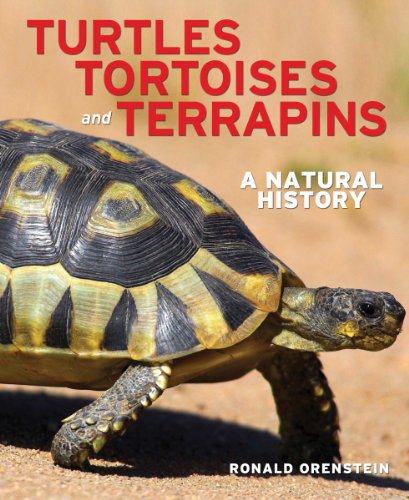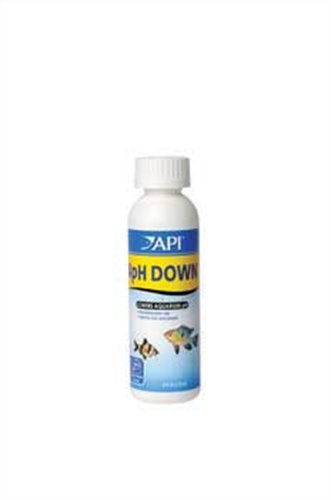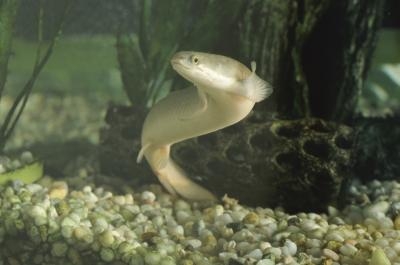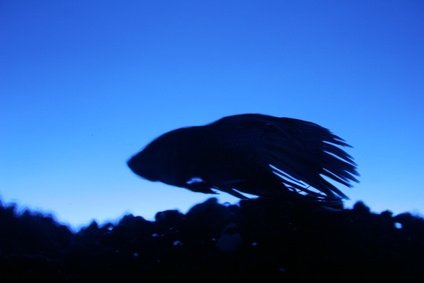Most people already know it's not a good idea to throw traditional plastic bags in the trash. In fact, some cities in the U.S. are already banning the use of plastic grocery bags so they won't end up in landfills.
What most people don't know is that using environmental bags instead of plastic only addresses half of the problem with pet waste disposal. The fact is, landfills were never created to deal with the bacteria and parasites in pet waste. Using environmental bags to pick up after your dog is really not the best solution for the planet.
You need to FLUSH dog waste so it can be treated as sewage and decontaminated - along with human waste - before it leeches into the ground water, polluting our rivers, lakes and streams. Using common environmental bags - even those made of biodegradable plastic -doesn't address all the issues of pet waste disposal.
Never put doggie doo in the trash. The contaminants are real. According to The USA Today, dog waste is an environmental pollutant:
"It doesn't take a Ph.D. to figure out that dog do is nasty. But it took science to determine how nasty it is.
"From mutt to blue-blooded champion, all dogs harbor so-called coliform bacteria, which live in the gut. The group includes E. coli, a bacterium that can cause disease, and fecal coliform bacteria, which spread through feces. Dogs also carry salmonella and giardia. Environmental officials use measurements of some of these bacteria as barometers of how much fecal matter has contaminated a body of water."
According to EPA studies that go back several decades, pet waste is often a source of serious environmental harm.
According to more recent studies, non-human waste represents a significant source of bacterial contamination in urban watersheds. Current genetic studies conclude that 95 percent of the fecal coli form of bacteria found in urban storm water is of non-human origin. These bacteria can pose health risks to humans and other animals, and can lead to the spread of disease.
The same bacteria that make pet waste dangerous in parks and common areas can make water unsafe for swimming or drinking. Children can become ill when they dunk their heads or accidentally get a mouthful of polluted water. And when waste gets into shellfish beds, it can make clams and oysters unsafe to eat.
The release of nutrients from the decay of pet waste also promotes weed and algae growth in lakes, limiting light penetration and the growth of aquatic vegetation. This in turn can reduce oxygen levels in the water, affecting fish and other aquatic organisms.
Proper pet waste disposal requires more than just biodegradable plastic. Obviously, using biodegradable plastic bags won't help much with proper pet waste disposal - unless you dump the waste out of the bag and into your toilet when you get home.
That's precisely why using a 100% flushable dog waste bag makes it easy to pick up dog poop - without ever touching it. And they stay intact until you toss them in the toilet. Then they dissolve quickly in water, so you don't have to worry about clogging.
Most importantly, you don't have to look at or touch your pet's waste again after you pick it up! Flushable bags provides the only safe, sanitary, environmentally sound solution for dealing with doggie doo.
PetHabitats makes an outdoor pet waste disposal system for your yard that doesn't even require the use of FlushEze bags.
You (or your community) can get sick through improper pet waste disposal
Following is a short list of the most common bacteria transmitted via pet waste and how it affects people.
Campylobacteriosis:
A bacterial infection carried by dogs and cats that frequently causes diarrhea in humans.
Salmonellosis:
The most common type of bacterial infection transmitted to humans by other animals. Symptoms include fever, muscle aches, headache, vomiting and diarrhea.
Toxocariasis:
Roundworms usually transmitted from dogs to humans; may cause vision loss, rash, fever or cough.
Toxoplasmosis:
A parasite that can cause birth defects if a woman becomes infected during pregnancy. Can also be a problem for people with depressed immune systems.
It's best to flush it, not dump it!

 What Are Some Fish for an Outdoor Fish Pond?
What Are Some Fish for an Outdoor Fish Pond?
What Are Some Fish for an Outdoor Fish Pond?
What Are Some Fish for an Outdoor Fish Pond?
 Turtles As Pets
You may not realize just how
Turtles As Pets
You may not realize just how
 Cloudy Aquarium Water
How to Get Keep My Aquarium Water Clear
Cloudy Aquarium Water
How to Get Keep My Aquarium Water Clear
 How to Clean a Small Fish Tank
How to Clean a Small Fish Tank
How to
How to Clean a Small Fish Tank
How to Clean a Small Fish Tank
How to
 How to Take Care of The Baby Betta Fish
How to Take Care of The Baby Betta Fish
How to Take Care of The Baby Betta Fish
How to Take Care of The Baby Betta Fish